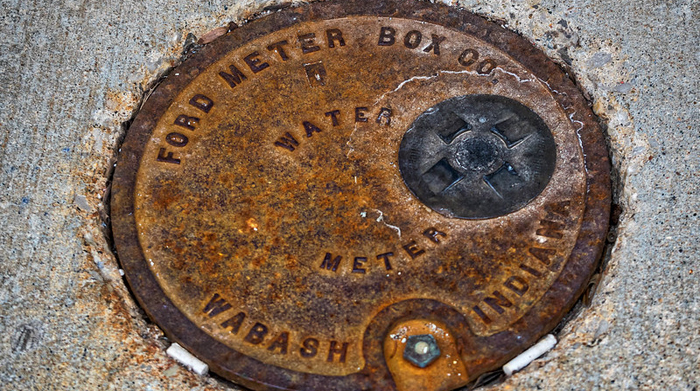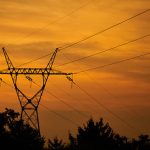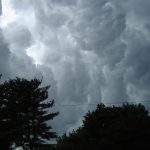U.S. Water Grid Becoming Increasingly Vulnerable

Image courtesy of Randall McRoberts under Attribution-NonCommercial-NoDerivs 2.0 Generic License, resized to 700 x 391 pixels.
This blog is admittedly dominated by electric utility content, but the increasing vulnerability of the nation’s water grid is something we all need to keep tabs on. Although power outages get all the press, a major water grid outage could be catastrophic. And, according to some experts, the probability of this happening is rapidly increasing.
Why the U.S. Water Grid is at Risk
Floods can compromise aging water systems for weeks, and unfortunately, much of the nation’s water infrastructure is extremely old, well over 100 years old in many cases. In fact, the EPA estimates that about $750 billion worth of repairs are needed. And thanks to changing weather patterns, the flooding data on which much of this infrastructure was based is no longer accurate.
Simply put, more frequent and severe flood events are expected going forward, especially in coastal areas. This is an issue because most water plants were configured based on historical 100-year flood averages, not what will happen over the next 100 years. In fact, a 2021 GAO report found federal ‘flood risk’ maps to be misleading and not reflective of hazards such as heavy rainfall and climate change.
Unfortunately, most water systems are owned by towns that do not have the budget necessary to repair or replace their aging water assets in an optimal manner. The likely result is that a compounding effect will occur, one in which increasingly severe flood events will weaken infrastructure, making it more susceptible to future disasters. And this doesn’t even factor in the ever-growing risk of a cyber-attack taking the backend systems offline.
The bottom line is that you’ll likely hear more stories in the coming years of water grid outages, broken mains, boil advisories, and contamination. My ultimate hope would be for water utilities to have best-in-class emergency response plans (ERPs) and flood emergency response plans (FERPs) in place, and conduct annual emergency training, exercises and drills.
But my guess is, while many have ERPs and FERPs in place, there is probably very little training or drilling happening, which, if true, will eventually impact us all.



